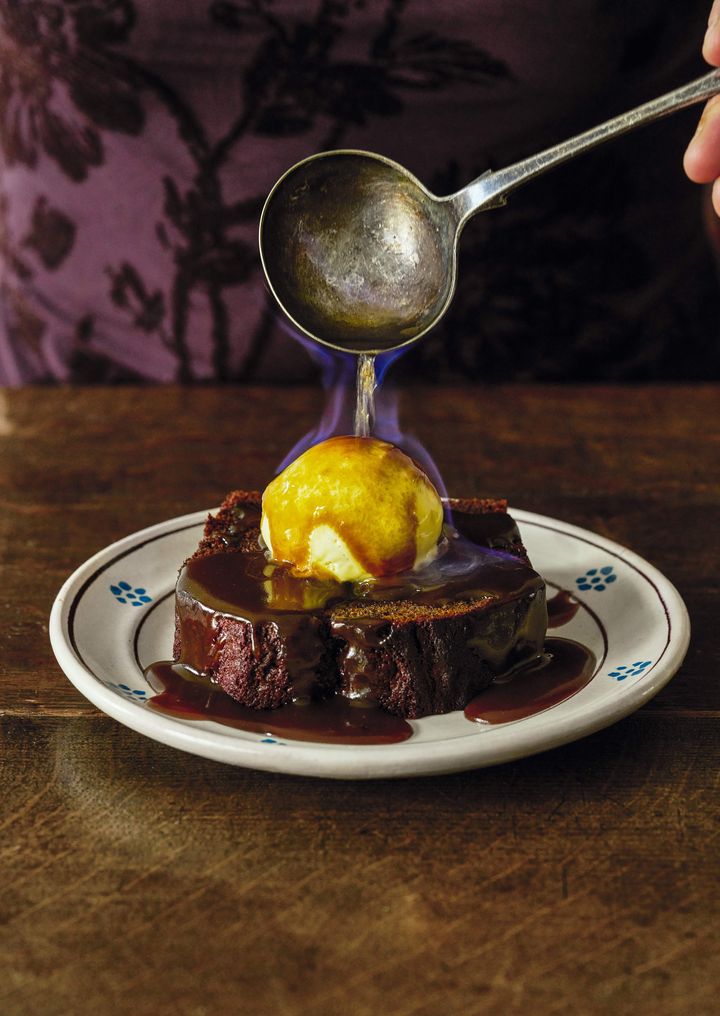Long-term treatment with finerenone is estimated to extend event-free survival among people with heart failure with mildly reduced or preserved ejection fraction, according to a brief report published online Sept. 27 in JAMA Cardiology to coincide with the annual meeting of the Heart Failure Society of America , held virtually from Sept. 27 to 30.
Muthiah Vaduganathan, M.D., M.
P.H., from Harvard Medical School in Boston, and colleagues estimated the long-term treatment effects of finerenone if treated during a patient's lifetime in patients with heart failure with mildly reduced or preserved ejection fraction .
Analyses included data from the FINEARTS-HF trial, which was conducted in 37 countries across 653 sites. Participants, who were aged 40 years and older and had symptomatic heart failure and left ventricular ejection fraction of 40% or higher, were randomly assigned to finerenone (titrated to 20 or 40 mg) or placebo ; 6,001 participants were included in the analysis. The researchers found that for a 55-year-old participant, mean survival free from the primary composite outcome of time to cardiovascular death or worsening heart failure event was 13.
6 and 10.5 years with finerenone and placebo, respectively, representing a gain of 3.1 years in event-free survival.
For a 65-year-old participant, mean event-free survival was 11.0 and 8.9 years with finerenone and placebo, respectively, representing a gain of 2.
0 years. For every starting age between 50 and 80 years, the pro.


















